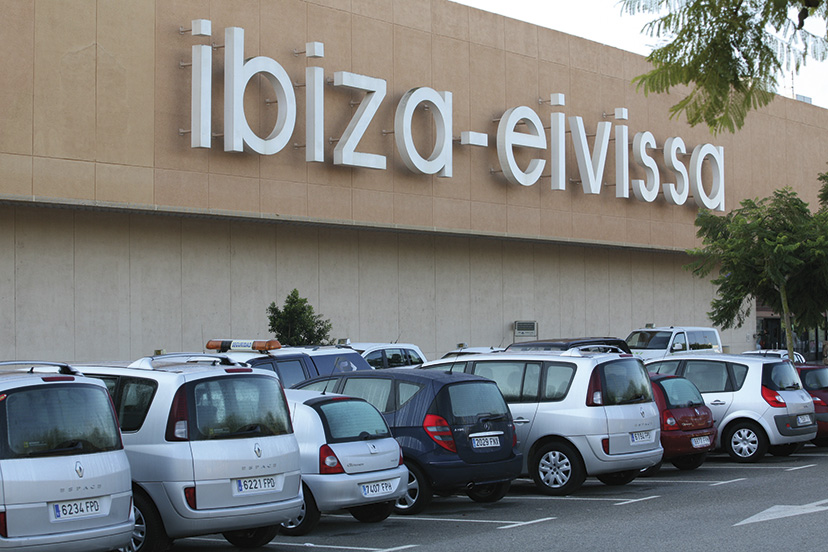Since it came into effect, the new law to restrict traffic has prevented 12,000 rental cars from accessing Ibiza’s roads as they exceeded the maximum amount of vehicles allowed and therefore lacked the necessary permit. This measure is a crucial step in regulating overtourism on the island and is parallel to other actions, like setting boundaries around established tourism areas and drawing up the Intervention Plan for Tourism Areas (PIAT).

Reducing congestion, improving traffic flow, minimising air pollutants and nature conservation in Ibiza are the goals of the new Law 5/2024 of 11 November to control traffic on the island of Eivissa for sustainable tourism. In line with the EU Transition Pathway for Tourism and the Palma Statement, this law sets a maximum capacity or quota for car entry and traffic and establishes the need to apply for permits and exemptions through the Ibiza Circular website launched by the regional government of Ibiza last April. Thanks to this law, any cars that exceed the maximum capacity allowed were immobilised and the first fines were imposed according to the limits set for the 2025 season, from 1st June until 30th September.
For this holiday season, the maximum capacity allowed per day is 20,168 private vehicles on the road (excluding residents and other previously authorised exemptions), 16,000 rented cars and 4,048 caravans and motorhomes with bookings in authorised camping sites. This new law to control traffic aims to ease the strain on a 570Km2 area that has a yearly inflow of over 3.2 million visitors, with peaks of up to 300,000 tourists on the busiest days and a traffic spike that, without these restrictions, would be as much as 35% over the yearly average.
Other actions aimed at sustainable tourism
This regulation is one of the cornerstones of a more sustainable Ibiza but it’s certainly not the only one. As part of the island’s tourism planning, the regional government is setting borders on established tourism areas and drawing up the Intervention Plan for Tourism Areas (PIAT) that has already cut tourist capacity by 9,000 beds. Further-more, the amendment to the Island Territorial Plan (PTI) will generally forbid the increase of holiday homes on rural land and will promote water and energy efficien-cy.
Real-time data is being gathered on connectivity, hotel availability and visitor ex-penditure thanks to the Tourism Intelligence System (SIT Eivissa), which is a key tool for strategic decision making to turn Ibiza into a sustainable holiday destination. In this regard, the Department for Tourism Promotion is already working on preparing a new sustainable tourism management strategy for the destination, an ambitious pro-ject that will determine the development of Ibiza as a holiday destination in the medi-um to long term, transforming the current tourism model by minimising negative ex-ternalities and making it more sustainable.